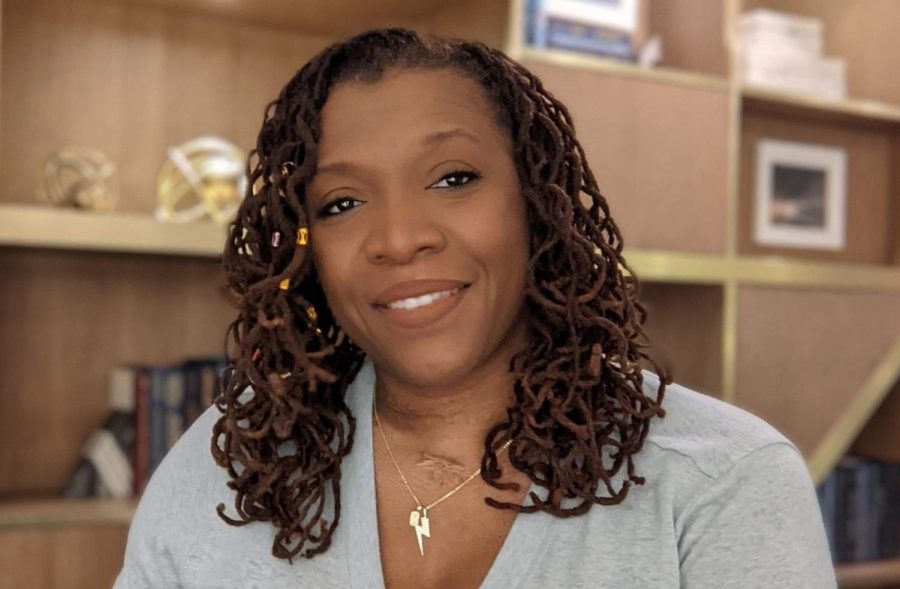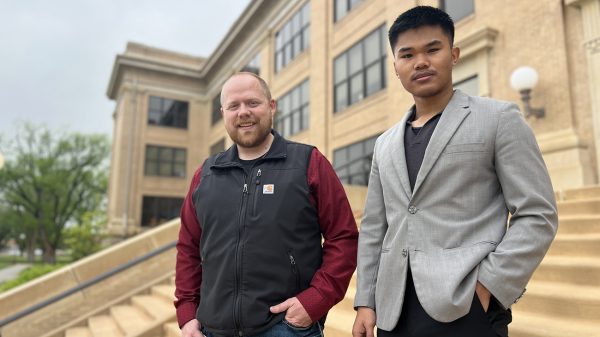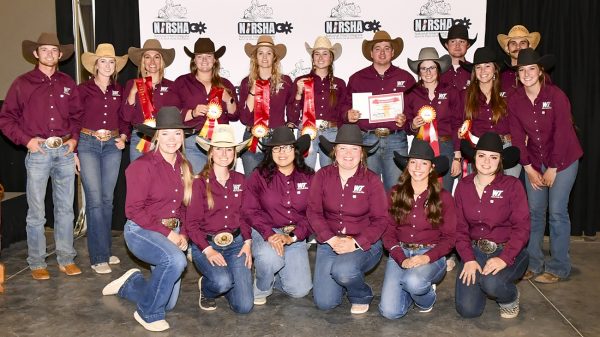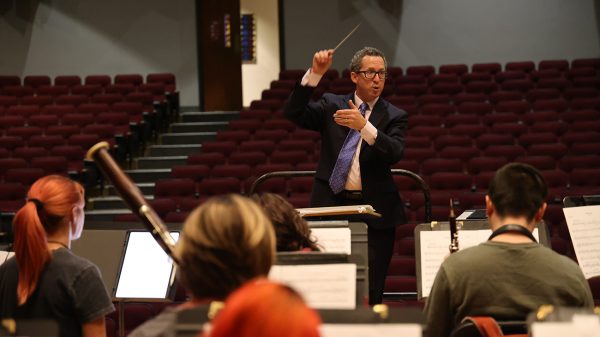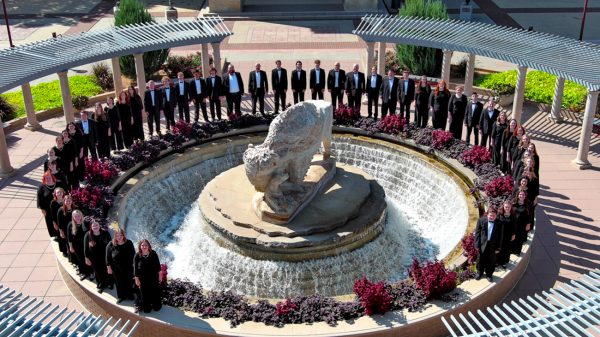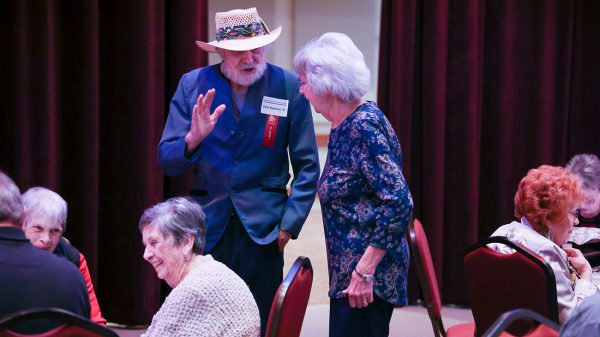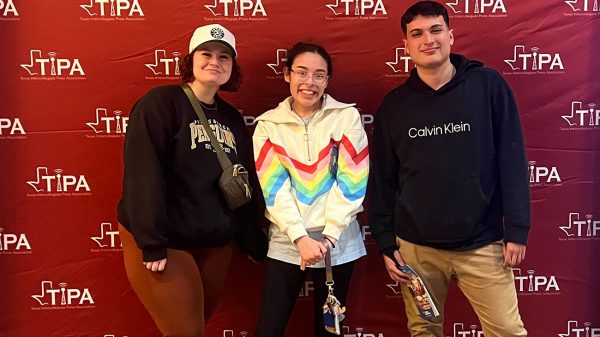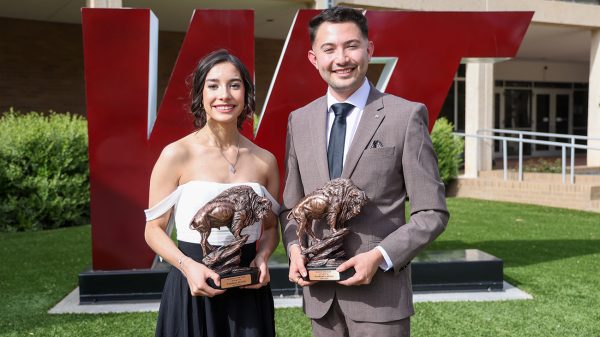The West Texan: Alumni Spotlight: Regina Blye
After successfully founding a Texas nonprofit dedicated to ensuring equal access for people with disabilities, Regina Blye ’01 has taken her mission to a national level.
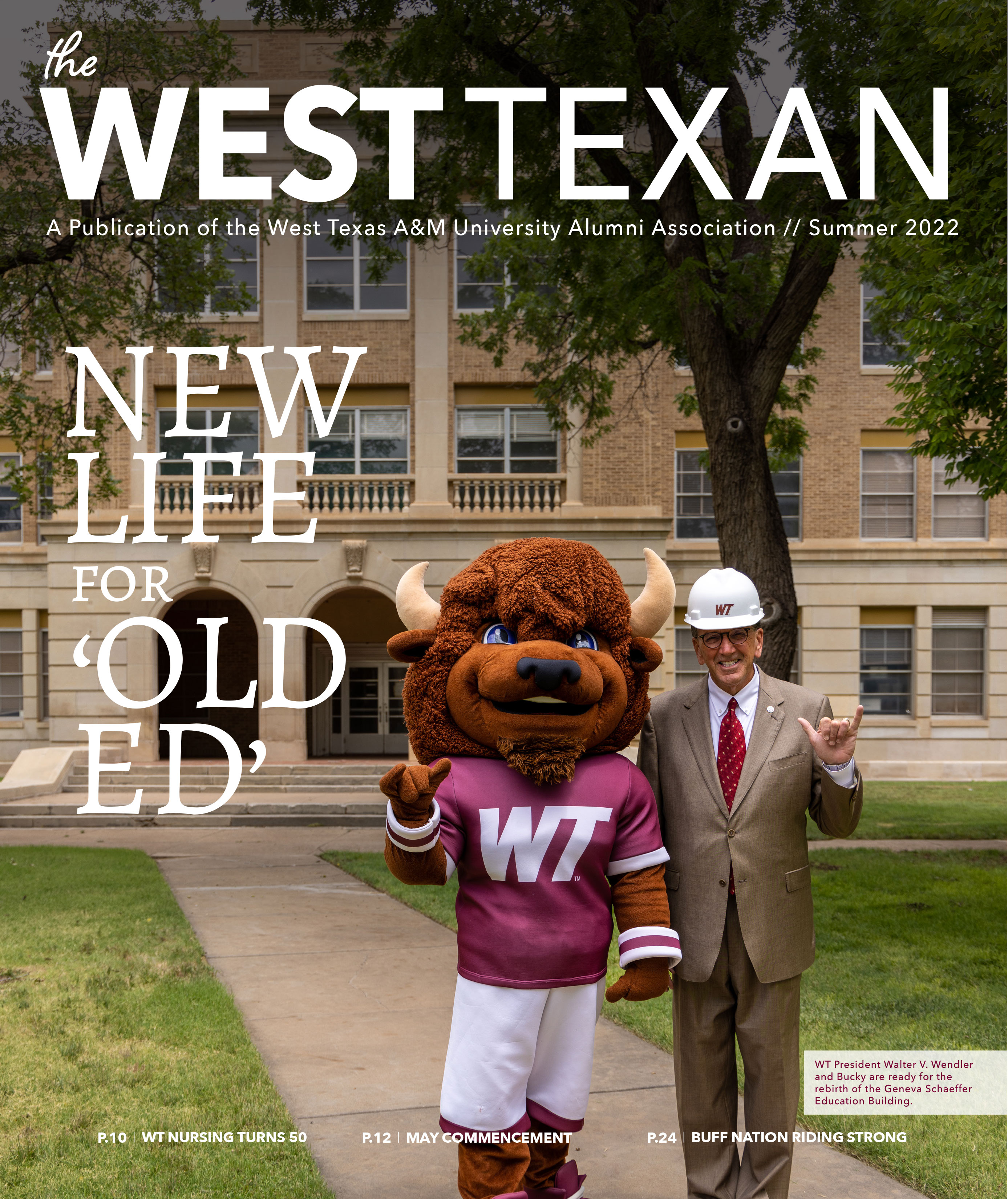 Photo: This article originally appeared in the Spring ’22 issue of The West Texan. Click the image to read the entire issue.
Photo: This article originally appeared in the Spring ’22 issue of The West Texan. Click the image to read the entire issue.
Blye recently was hired as chief program and policy officer for the Christopher & Dana Reeve Foundation, following five years at the Administration for Community Living, monitoring compliance with the Rehabilitation Act and overseeing 155 federal grantees.
Previously, Blye was executive director of the Texas State Independent Living Council, which she expanded from a solo operation to one with 17 employees, 30 volunteers and a $2 million budget.
In 2011, she was appointed by President Barack Obama to the United States Access Board.
At the Reeve Foundation, she’ll work directly with community members.
“After 35 years of living with a spinal cord injury, I wanted to focus on the most important part of who I am,” she told the Reeve Foundation. “I wanted to work specifically with people with spinal cord injuries and paralysis.”
Blye sustained a C6-C7 spinal cord injury in 1988 when she was shot through the neck at an end-of-school-year slumber party in her hometown of Brownfield, according to the Reeve Foundation.
She regained movement in her arms and returned home, where her mother became her caregiver.
“My mom didn’t know where or how to look for resources or services,” Blye said. “It was truly a family on a rural island trying to figure out how to get things for this little girl to help her live her best life.”
She became her own advocate, pushing back when school leaders suggested home schooling rather than providing accommodations at her school.
At WT, Blye thrived in the Department of Communication and around campus. After graduating, she worked in Amarillo media, then entered the Ms. Wheelchair Texas competition in 2002, which she won. That’s when she pivoted to a career helping other people with disabilities.
“Without knowing what is out there, people can get stuck,” she said. “And it will dim their light. Sometimes having the right person walk in your space at the right time can make a difference. I think that’s what the Foundation does, and I want to be part of that.”



